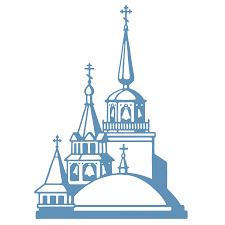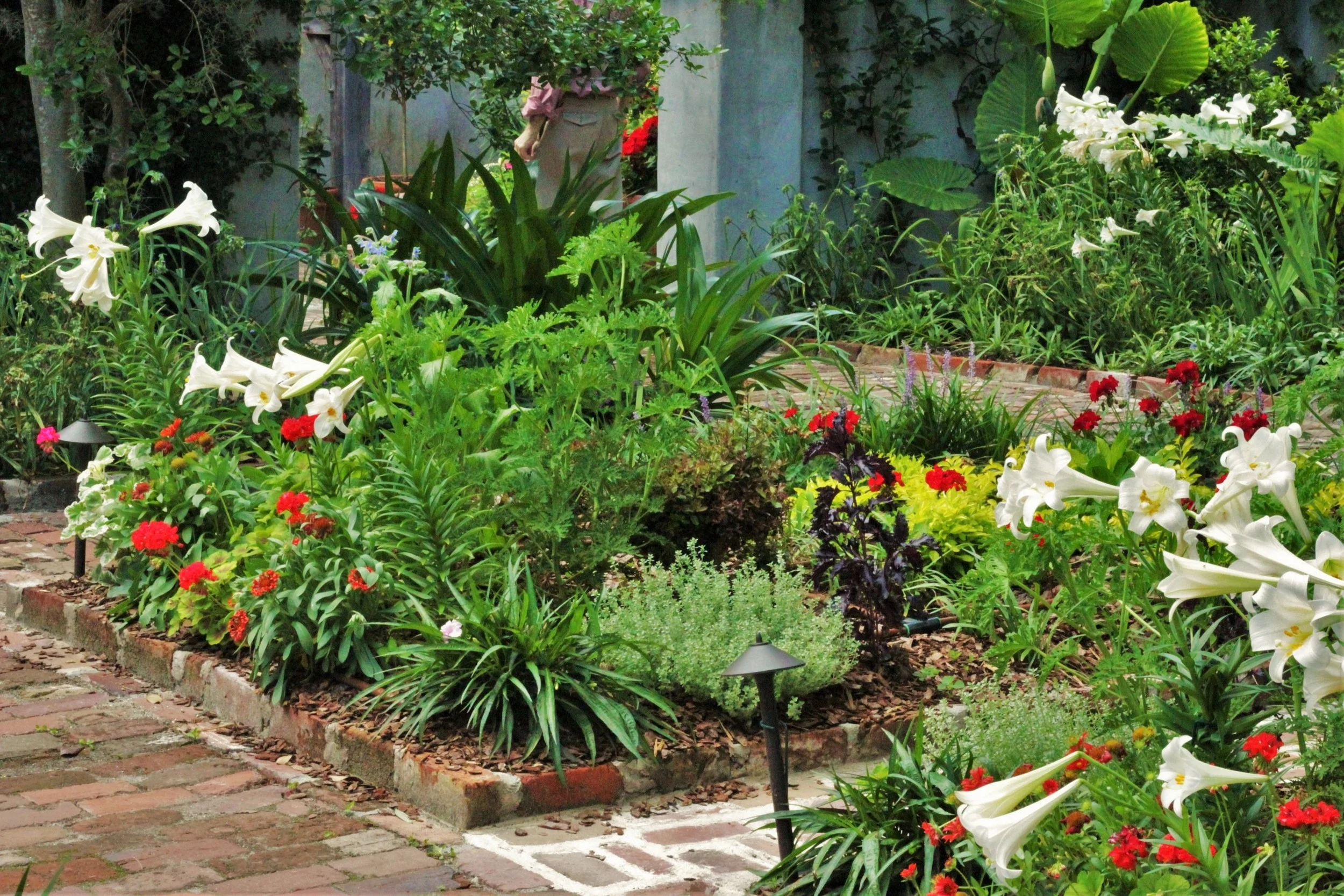St. Phocas Garden Guild
There is no art which better teaches man that he is a creature dependent on God than the cultivation of a garden. Music, painting, sculpture, architecture, literature are easily thought to be man made and can fall to the sin of pride. Less so the gardener who, despite himself, is insensibly aware of dependence on God and his creation. The gardener cultivates, arranges and cooperates with the beauty God has infused throughout nature. The Lord himself said that Solomon in all his glory was not arrayed like the lilies of the field. To know nature is to know God, and the garden is the timeless symbol of serenity, peace and kinship with God.
God created man for fellowship with himself, and placed him in a garden. Man’s sin drove him out into a world choked with weeds and brambles. To save us God became man that we might learn how, through the weeding and cultivation of our passions, to become divine. Our Orthodox faith calls this theosis. The disordered passions of the soul are like the unwanted weeds in the garden. The Saint Phocas Garden Guild seeks to exhibit the practice of theosis in the little postage stamp of earth God has given us here in I’On.
If you are interested in helping with this work, please contact Donald Livingston by phone (843) 323-0690 or by email, donlivingston45@gmail.com.
Life of St. Phocas
It is like a mustard seed, which a man took and threw into his own garden; and it grew and became a tree, and the birds of the air nested in its branches."
- Luke 13:19
No task is too small.
One might take a small plot to care for, or even a single flower pot.
The holy martyr Phocas the Gardener lived outside the gate of Sinope, a city on the southern shore of the Black Sea a few hundred miles east of Constantinople. He cultivated a garden on which he lived modestly and sold what he grew. He helped the needy and paid for the housing of vagrants. His Christian piety had a great influence on those around him and attracted many pagans to the Christian Faith.
The governor of the district, aware that St Phocas was spreading Christian teachings, gave orders to find and kill him. St. Phocas accidentally came upon those sent after him. He learned of their mission, and without revealing his name, courteously received them, fed them and prepared a place for them to spend the night.
In the dark of night he dug a grave for himself in the garden and made arrangements for all his possessions to be distributed to the poor. In the morning he declared to the strangers that it was he for whom they were searching, and told them to fulfill their duty. The visitors were distressed, not wanting to kill the kindly saint. But he humbly bent his head beneath the sword. The holy martyr was buried in the grave he had prepared in the garden which soon became a place of prayer and miracles.
After the persecution ended, the Christians of Sinope built, on the site of his grave, a stately church in which his relics were deposited. His reputation for Christian hospitality and charity spread throughout the Christian world. His relics were venerated in Rome. St. Chrysostom preached a sermon on the holy martyr in Constantinople upon the occasion of receiving some of his relics. Later, emperor Phocas had a magnificent church built for the saint in Constantinople. He is a patron saint of seafarers, and the portion of grain traditionally set aside for the poor by sailors on all voyages came to be known as “Phocas’ part.”
Holy Martyr Phocas, pray to God for us!




